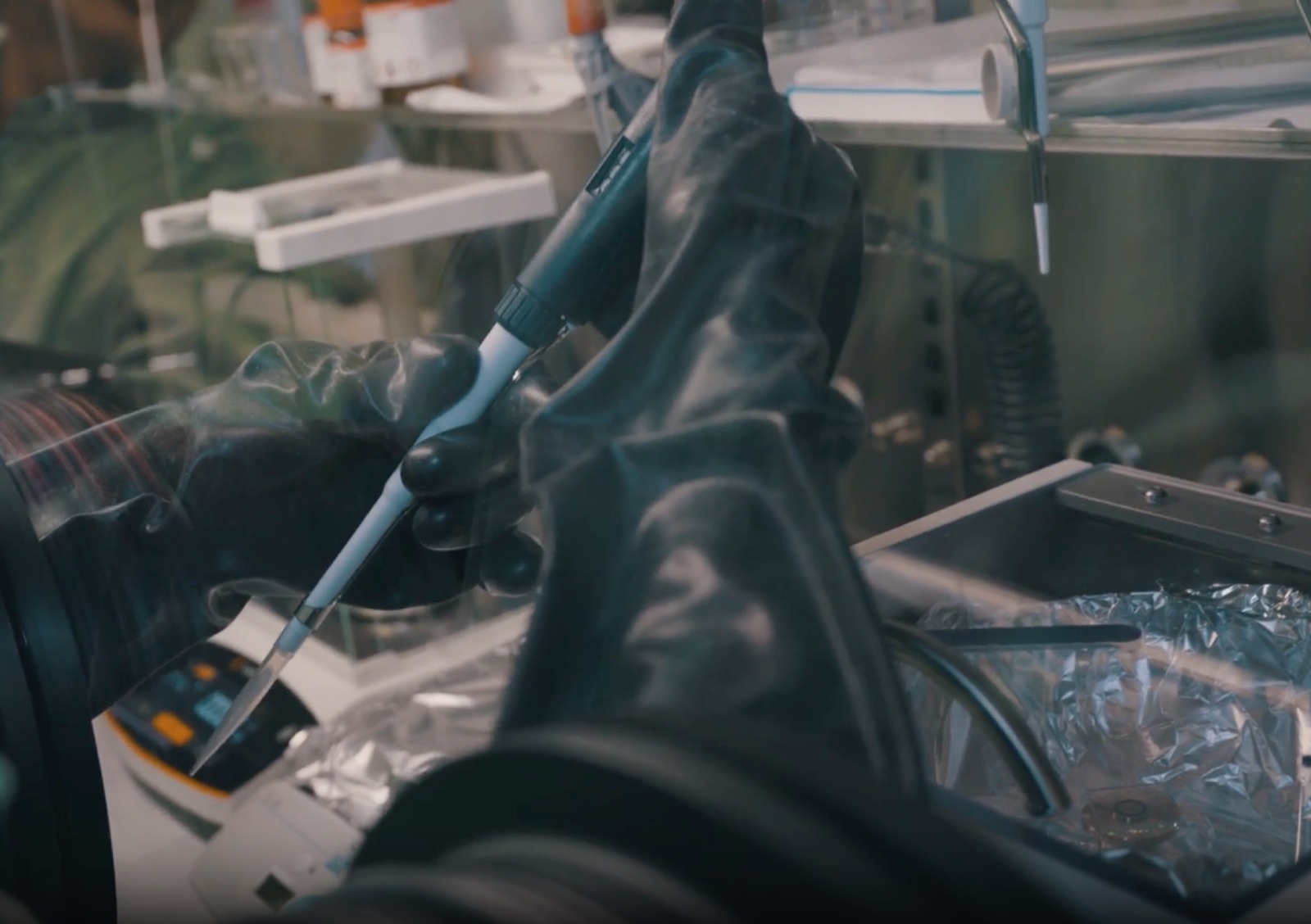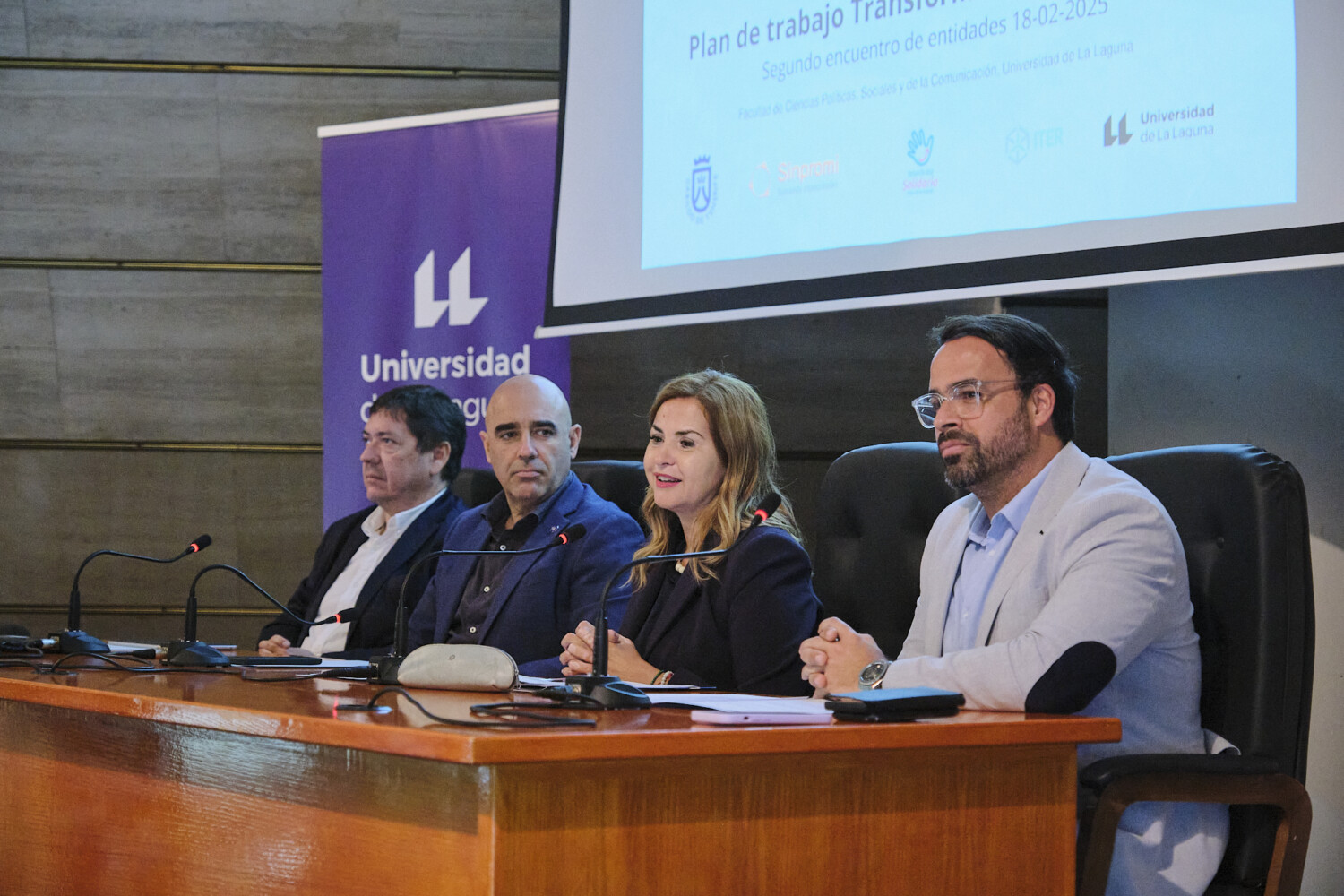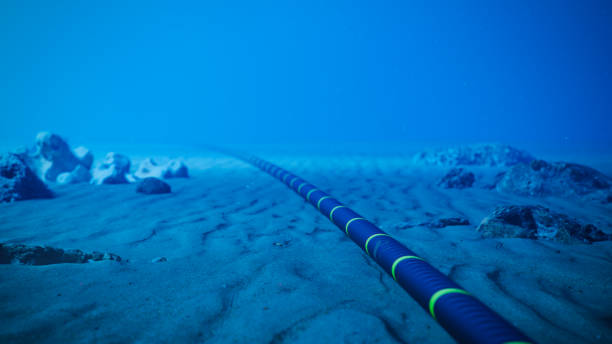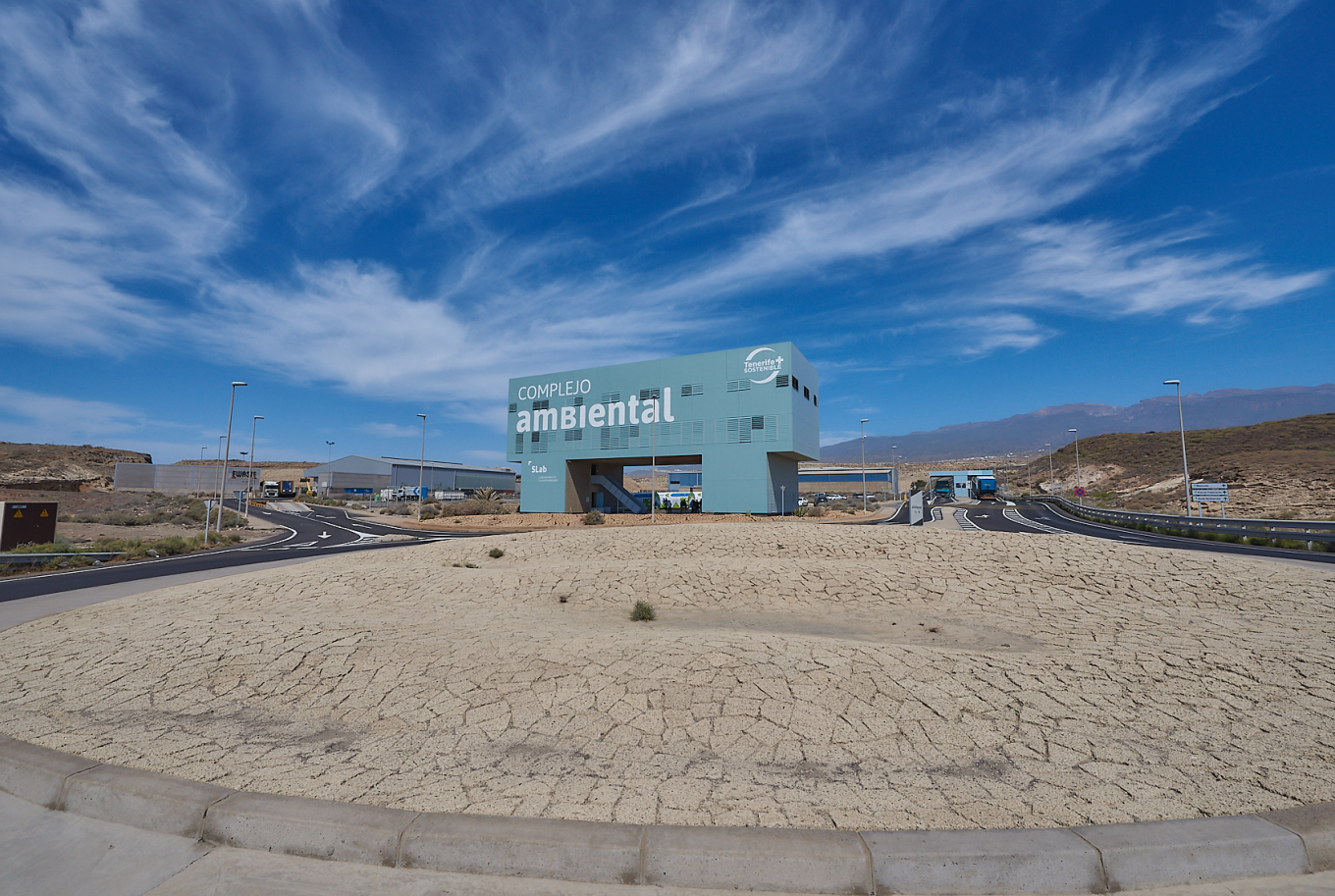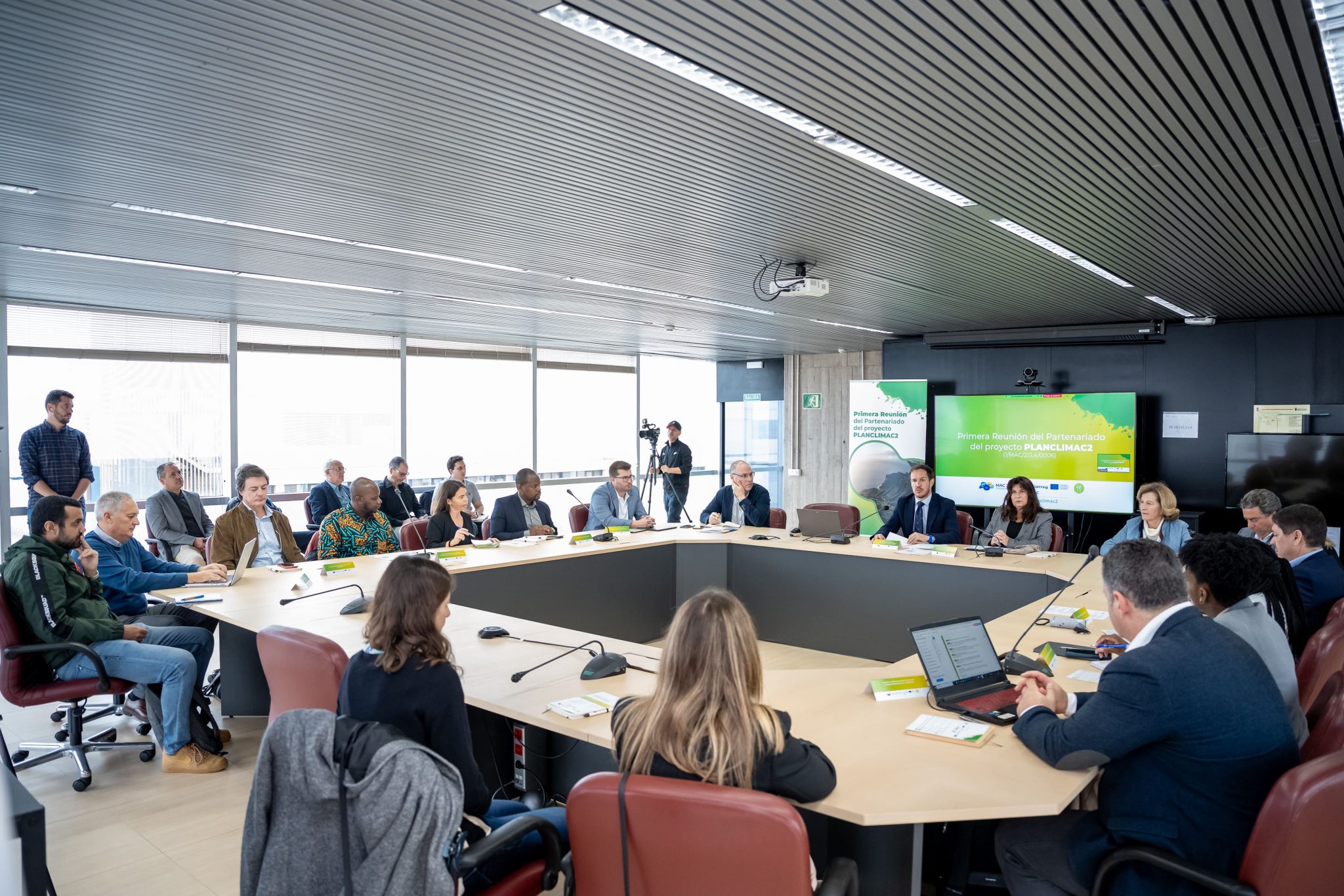This project to promote R&D and innovation in the energy sector has had excellent results in the Canary Islands and Senegal.
The Instituto Tecnológico y de Energías Renovables (ITER), an entity dependent on the Cabildo de Tenerife, will present the conclusions of the MACLAB-PV project in the INTERREG MAC 2014-2020 conference on the results of the projects of the 2nd call on Tuesday, April 16th. The coordinator of the sustainable architecture department of ITER and researcher of the MACLAB-PV project, María Delgado, will be in charge of presenting the results of this project, which ended last December 31, 2023.
The MACLAB-PV project, with a total budget of €771,758.70, co-financed by the Interreg Madeira-Azores-Canary Islands Territorial Cooperation Program 2014-2020 (2nd Call), had as its main objective to improve scientific activity in the renewable energy and energy efficiency sector in the Canary Islands and Senegal, promoting its applicability and contributing to the sustainable development of these regions. The project was recently completed, surpassing all the established indicators. The following Spanish and Senegalese entities have participated as partners: ITER, the Tenerife Energy Agency (AIET), the Centre d’Etudes et de Recherches sur les Energies Renouvelables, CERER (University of Dakar) and the Agence pour l’Economie et le Maîtrise de l’Energie (AEME).
The project has had an impact in several areas, especially in the improvement of the research activity and the scientific and technological infrastructures of the partners. In the Canary Islands, 9 new R&D lines have been launched; 3 lines on renewable energies, 2 of them linked to the research infrastructure optimized in the “SiCellLab” project of ITER, 3 lines on energy efficiency linked to the new field laboratory created in the project and 3 lines on energy efficiency of the urban fabric associated to the bioclimatic laboratory “Living Lab CB ITER” reinforced in the project. In Senegal, 3 lines of research linked to the MACLAB-PV field laboratories created and to the laboratories reinforced in the project have been strengthened. On the other hand, the scientific infrastructures of the partners have been improved, optimizing 1 reference R&D laboratory and reinforcing 3 others and creating 3 new field R&D laboratories.
These improvements have led to significant progress in both the quality and quantity of the scientific results obtained by the project partners. As a result, there has been a significant increase in scientific production, including the publication of a doctoral thesis, two research plans and six peer-reviewed scientific articles with open access. In addition, these achievements have allowed the research staff to participate in leading international scientific conferences, such as the European Photovoltaic Solar Energy Conference and Exhibition (EU PVSEC) and the World Conference On Photovoltaic Energy Conversion (WCPEC). In these events, a total of 13 abstracts, 11 scientific communications, 13 poster-type visual communications and 6 audiovisual communications were presented, thus consolidating the project’s contribution to the world scientific community.
At the same time, the capacities of the research, technical and teaching personnel have been strengthened, with the realization of 255 training actions of own personnel, in which 29 researchers linked to the project have participated, 26 of these actions have been linked to the training as doctors of the ITER researchers Carlos González M. and Luis M. Ocaña. In addition, 32 actions have been carried out to improve capacities, mobility and exchange linked to the R+D+i Laboratories of reference in renewable energies of ITER and CERER, 57 students have participated in these actions and they have involved the collaboration with research personnel from 8 universities: 2 Spanish, 3 Senegalese, 1 Moroccan, 1 Nigerian and 1 Cape Verdean. For the training of technicians and teachers, 5 didactic workshops were designed and 49 didactic sessions were held, training 107 teachers. In addition, 6 ICT tools for didactic use on unique R&D infrastructures for renewable energies in the Canary Islands and in Senegal were designed, implemented and made more dynamic, and 6 tutorial videos of workshop sessions were recorded and published. Additionally, in Senegal, the didactic use of the MACSEN-PV photovoltaic plant located at CERER has been optimized, transforming it into a reference facility for teaching content on the operation of photovoltaic installations in multiple parameters.
On the other hand, the capacities of public authorities have been reinforced and scientific activity has been brought closer to the public through 336 advisory actions and 243 activities within the MACLAB-PV Awareness Campaign. This campaign focused on highlighting the importance of R&D and the promotion of renewable energies and energy efficiency, as well as on the technological transfer of the project results. These actions have benefited a total of 131,858 people. In addition, numerous activities have been carried out to disseminate the Awareness Campaign, reaching a total of 244,765 people.
The main results of the project have been captured in a video and in the final dossier of project results, which are available on the project website https://www.maclabpv.com/. In addition, the main milestones of the project can be followed on its Facebook page https://www.facebook.com/MACLABPV/.


